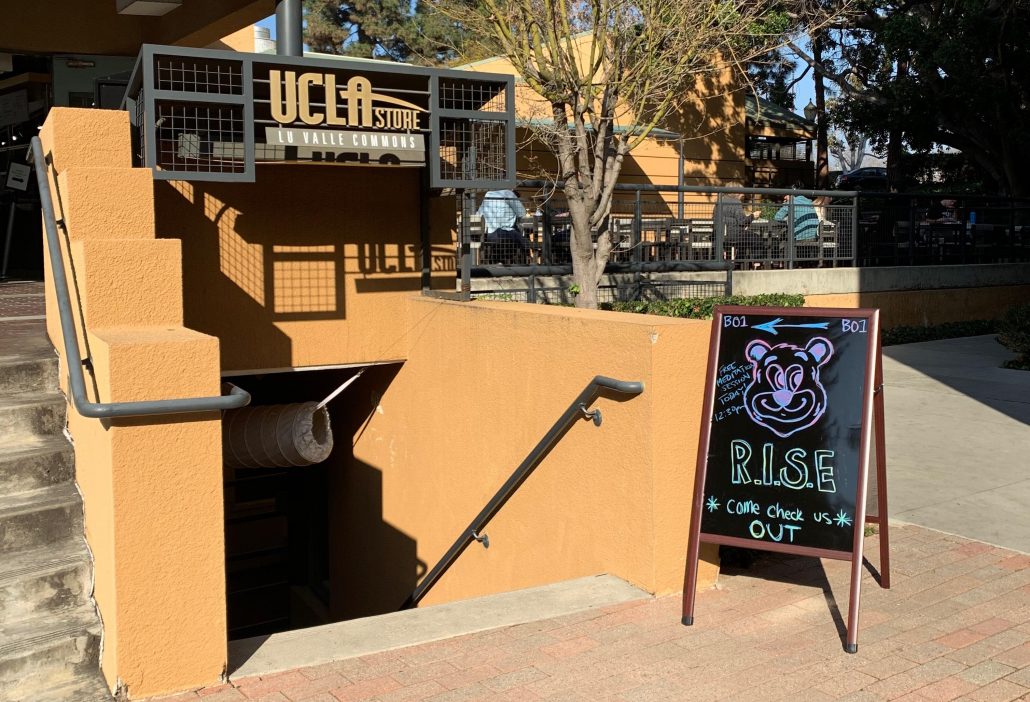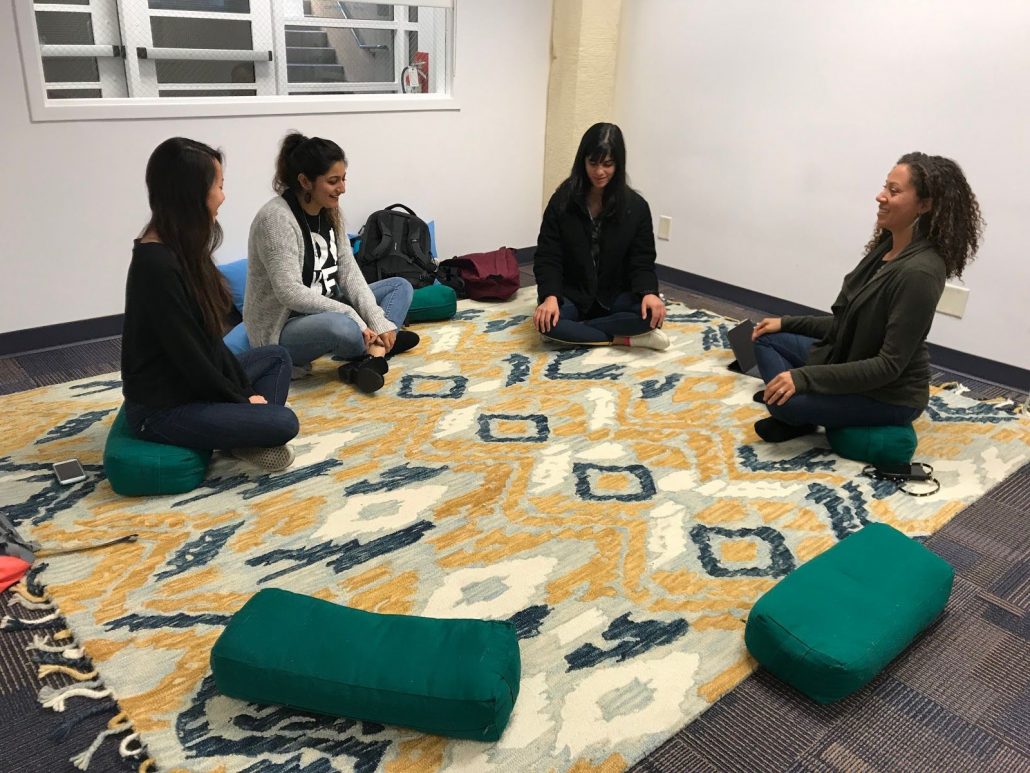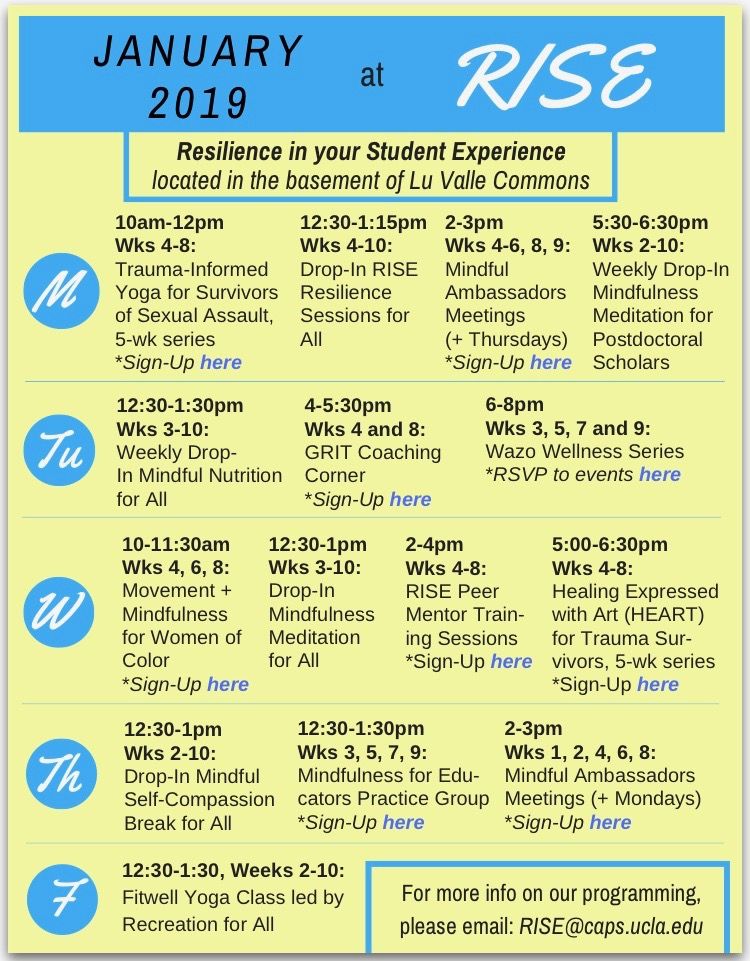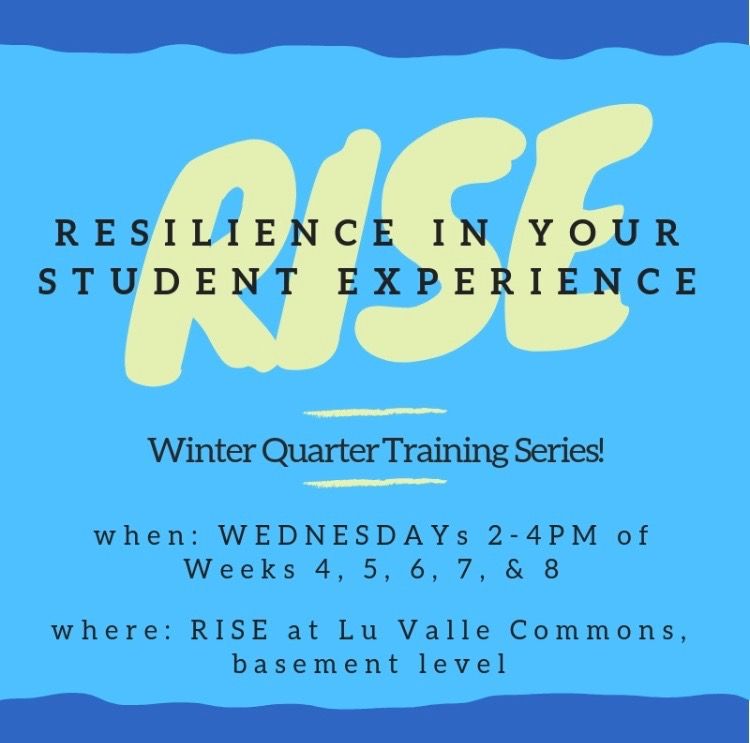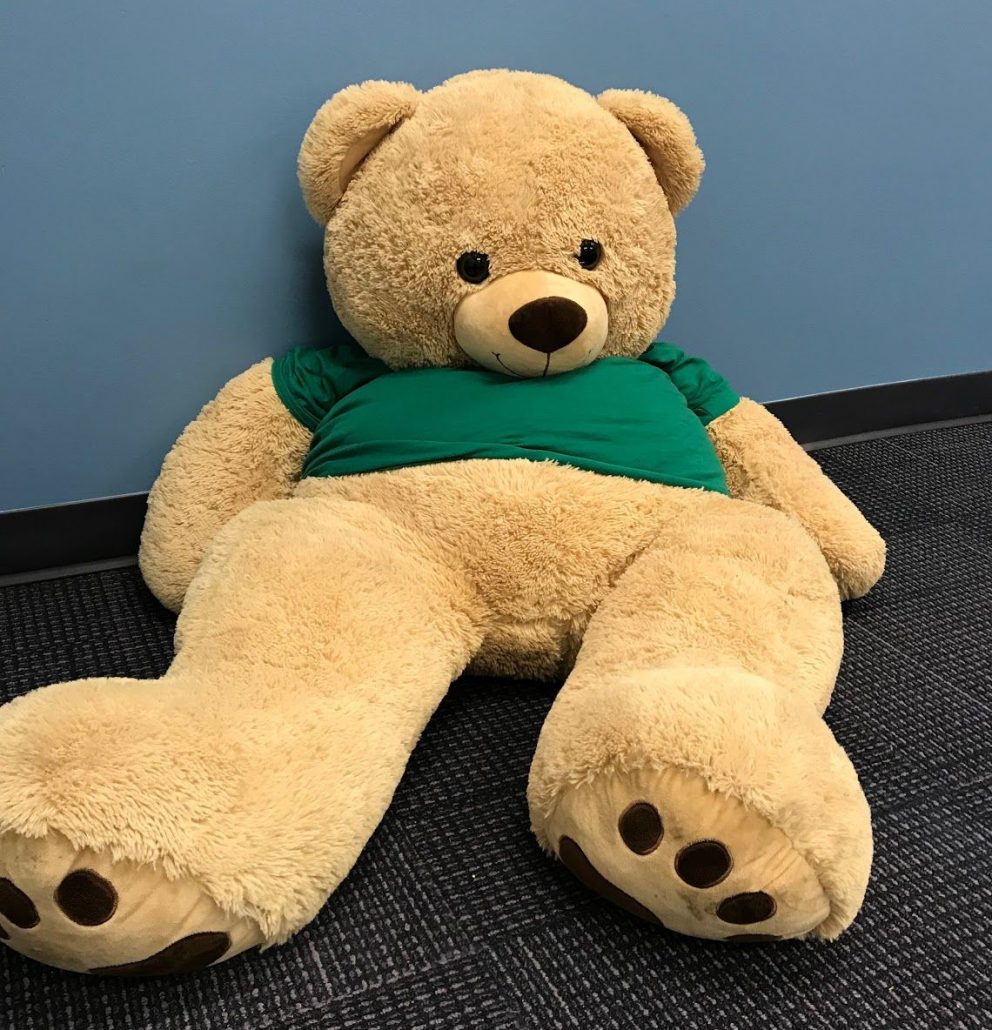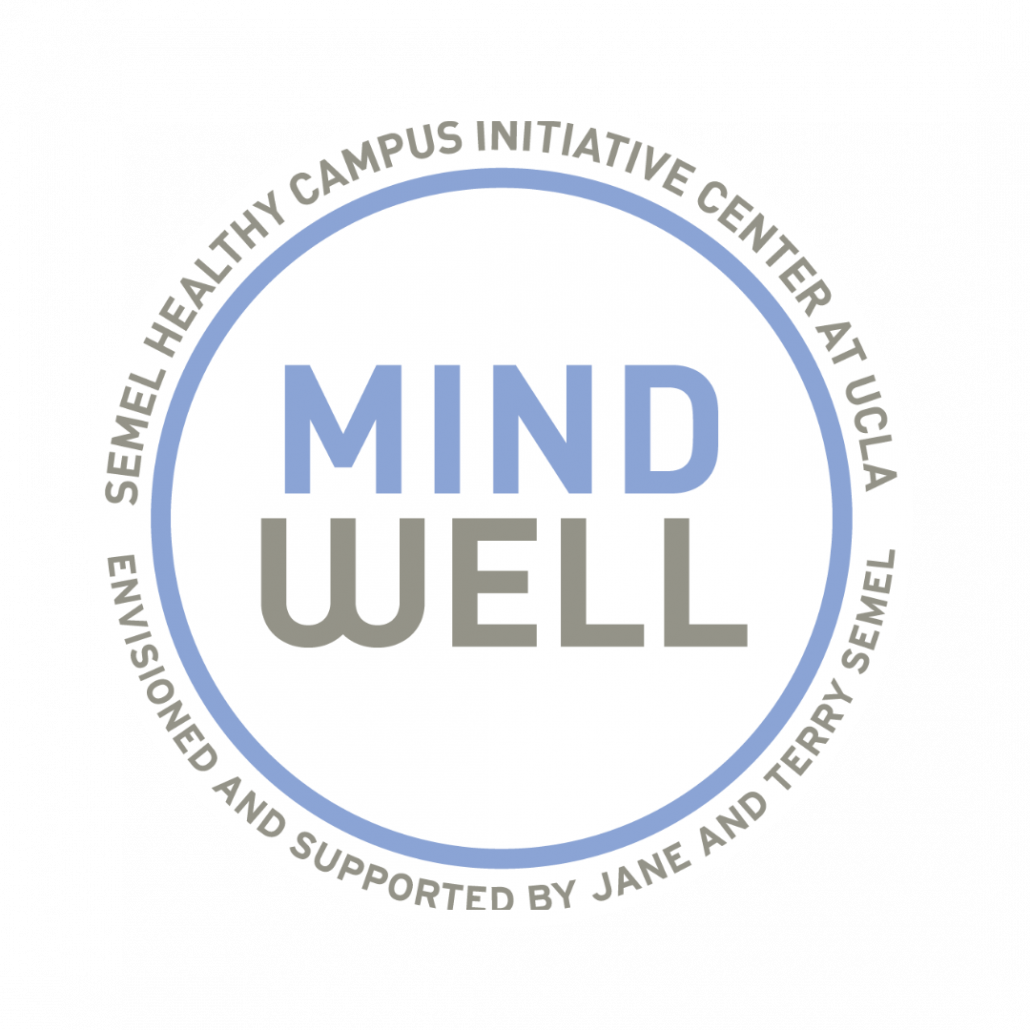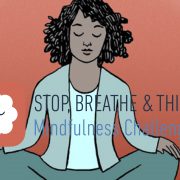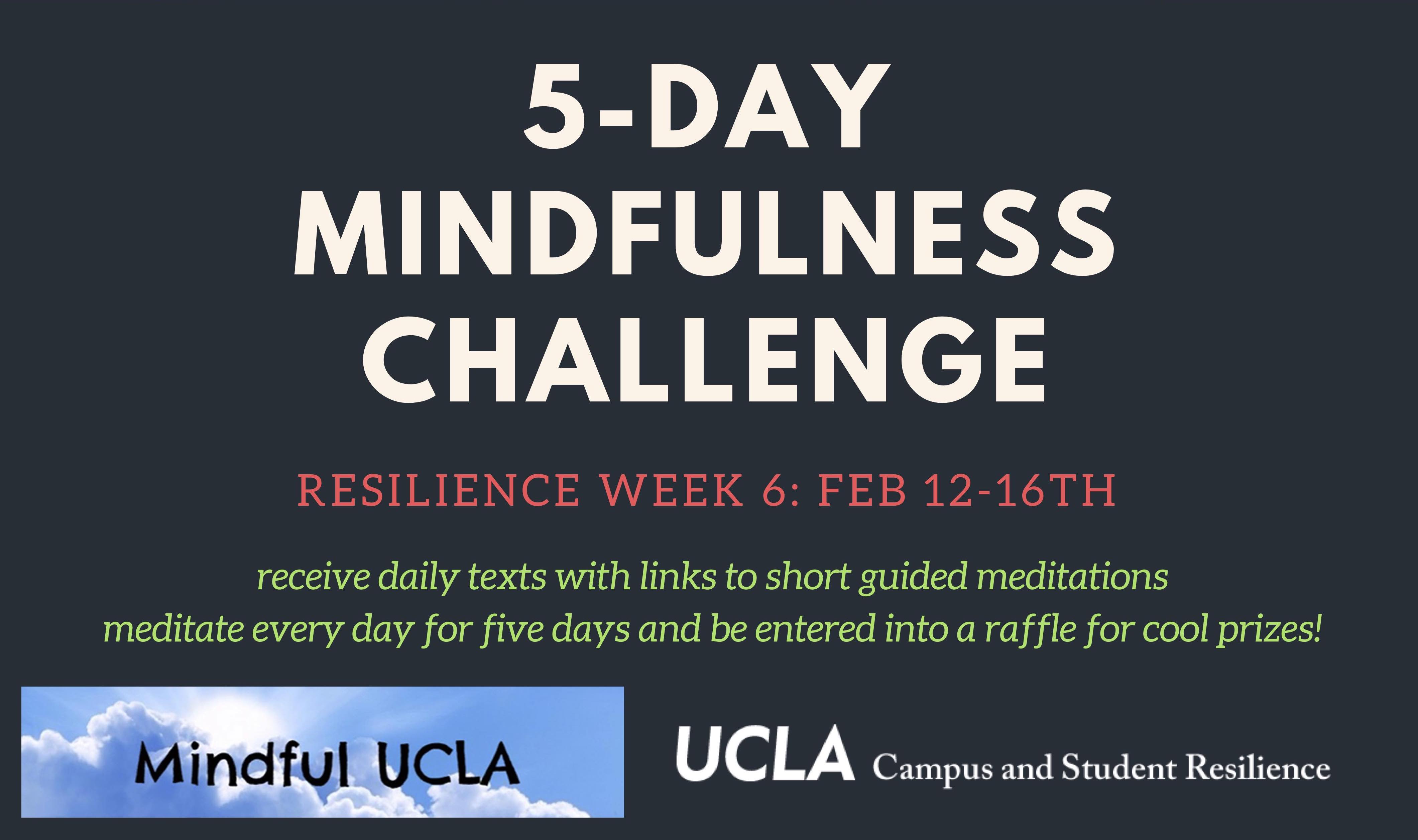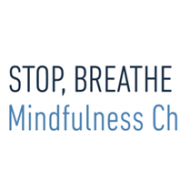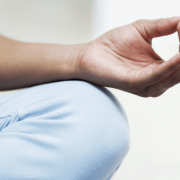College is often a wonderful experience for young men and women, providing a path to discover more about themselves and their desired field of education. However, this journey can also bring with it many rigors that may affect one’s mental and emotional wellbeing. Poor mental health of students on college campuses has been on the rise since 2013, and it’s important to know what the major mental health issues affecting college students are, so students can better take care of their own mental health, as well as that of those around them.
3 Major Mental Health Challenges Faced by College Students
1) Depression: Depression is the feeling of sadness for at least a period of two weeks, causing changes in one’s life, such as the lack of interest in daily activities, insomnia or excessive sleeping, lack of energy or concentration, significant weight loss, feelings of worthlessness or extreme guilt, and thoughts of suicide. Depression is the most common mental health issue faced by college students and the disorder contains many different branches, such as Major depressive disorder, Persistent depressive disorder, and Seasonal affective disorder, among many others. Some causes of this illness are hormone imbalances, inheritance through genetics, a change of environment that may make you feel uncomfortable, and biological differences in the brain, such as defective neurotransmitters. It’s important to recognize that a person can feel depressed from time to time without having major depressive disorder or any of those associated with it.
How to find help: The Counseling and Psychological Services (CAPS) center at UCLA is a valuable resource when needing a professional to talk to. Students can either walk in or schedule an appointment at CAPS. Psychotherapy, or “talk therapy,” is the most popular method of treatment for depression, which aims to help people understand their illness and to teach them ways to diminish unhealthy thoughts. Medication, such as antidepressants, are also treatment options, when recommended by a medical professional. GRIT Peer-to-Peer Coaching is an on campus resource that provides one-on-one sessions with trained coaches to promote the academic and personal success of students. The Resilience Peer Network (RPN) offers one-on-one help from trained undergraduate counselors through self-guided internet based cognitive behavioral therapy. Other beneficial care options include exercising daily, getting enough sleep, surrounding yourself with supportive family and friends, and tackling large tasks by breaking them down into smaller ones, so that they don’t seem so overwhelming.
2) Anxiety disorders: The definition of anxiety is an emotion described as bringing tension or worried thoughts that are persistent or recurring over a long period of time. These feelings are accompanied by physical changes in the body, such as increased blood pressure and heart rate. There are several different forms that are associated with anxiety, including general anxiety disorder, panic disorder, and social anxiety disorder. Anxiety is the most common psychiatric illness, affecting almost 40 million adults in the U.S.; a large portion of those 40 million are college students. The disorder results from a series of factors including genetics, brain chemistry, personality, and life events (like the possibly stressful transition into college). While many are affected by anxiety disorder, it is important to note that a person that is not diagnosable with an anxiety disorder can also experience feelings of anxiety.
How to find help: A wide variety of therapies have proven to be effective, such as cognitive-behavioral therapy, exposure therapy , acceptance and commitment therapy , and dialectical-behavior therapy. Medications are also available, as prescribed by a psychiatrist or other medical professional, to help those with intense or chronic anxiety. Counseling and Psychological Services (CAPS) at UCLA is a beneficial resource for students to seek professional advice on campus. Meditation, yoga, and acupuncture have also had positive effects on mental health through their release of energy flow, relaxation, lowering heart rates and relieving stress. Check out HCI’s event calendar for dates and times of their drop-in meditations, and look into yoga classes offered at John Wooden Center to experience their benefits.
3) Relationship problems: challenges in romantic partnerships. Some examples are a lack of fairness/equality, not respecting one partner’s feelings, and feeling pressured to change for your partner. Other signs of an unhealthy relationship are a lack of privacy, or physical violence, that begin to negatively affect one’s emotional/mental health and overall wellbeing. It is often seen that college signals the beginning of many students first romantic relationships, or at least their first serious ones, and although these partnerships are thought of as blissful, they can sometimes become unhealthy. A survey by the American Psychological Association found that 35.8% of students visiting their college’s counseling centers were there seeking help for relationship problems that had begun to affect their mental health. Romantic relationships aren’t the only ones that can negatively affect mental health, friendships, and family ties can be equally as disruptive if they share the characteristics mentioned above.
How to find help: Along with CAPS, UCLA offers other helpful resources for those seeking help in their personal lives including Campus Assault Resources and Education (CARE) which offers counseling and a confidential place to talk for students who have faced domestic violence and/or stalking, or the UCLA offices of Ombuds Services which aims to offer fair and balanced assistance in settling disputes.
There are several different ways to go about treating the aforementioned mental health issues, but every individual is unique and may not respond the same way to certain recommended treatments. It’s good to explore as many of the options as possible to find out what works best for you. Use the symptoms described above, as well as your own research on websites like the American Psychological Association or the National Institute of Mental Health , to help you know what to look out for in your own mental health, as well as your fellow students. Good grades and an active social life may be important aspects of college, but taking care of our mental health is an important aspect of life that will remain with us forever. Are you currently struggling with one of the mental health issues mentioned, or have struggled with one in the past, and feel like sharing your experiences with other students? If so, comment or post online to spread the word about the importance of mental health in college and reach out to others who may be going through similar experiences.
Aubrey Freitas is an undergraduate student at UCLA double majoring in English Literature and Psychology with a minor in Italian. She is a blogger for the UCLA Healthy Campus Initiative in the Mind Well section, which focuses on the importance of mindfulness and mental health. Aubrey is the founder of the organization Warm Hearts to Warm Hands, which teaches the skill of knitting to people of the community in return for their donation of an article of clothing they create with the skill, to be given to local homeless shelters.
